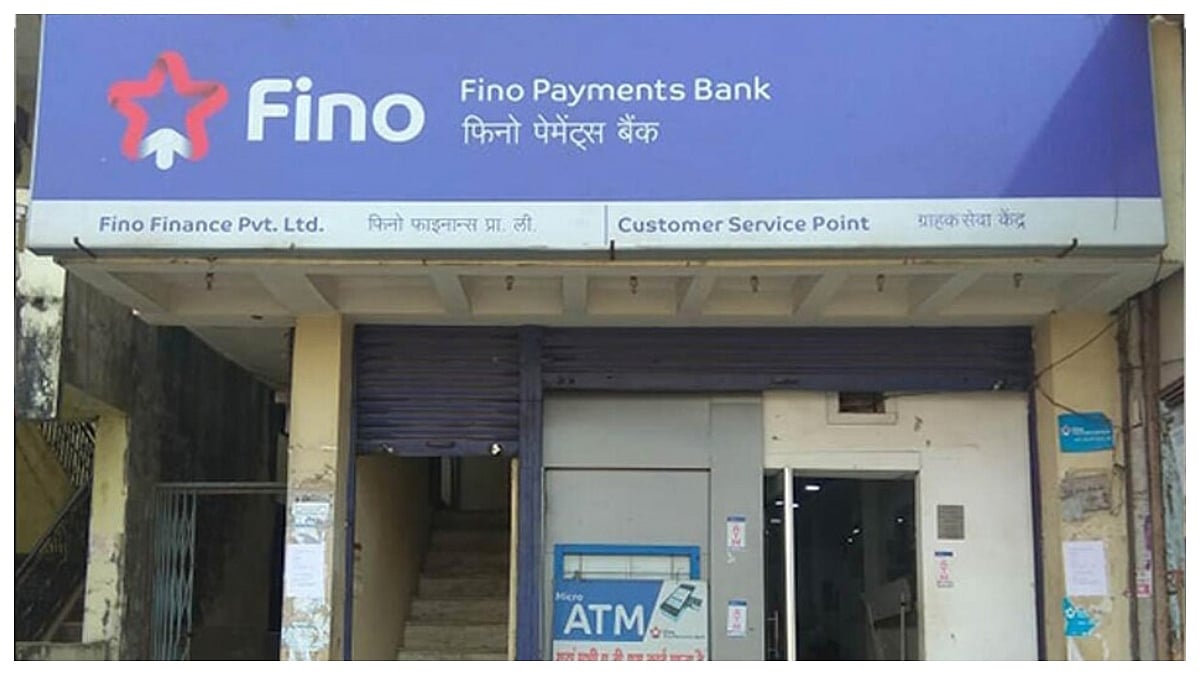A triangular contest between the Bharatiya Janata Party, Congress, and Janata Dal (Secular), the Karnataka assembly election, scheduled for May 10, is a battle for power between two major national parties and a strong regional player. The stakes are high for both the BJP, which is the ruling party currently and faces strong anti-incumbency, and the Congress which is confident of winning the contest. The JD(S) has never managed to win a majority on its own but has always played a key role in the state’s politics. While it is expected that the contest between the two principal opponents will be close, the popular narrative is that the Congress is likely to trump the BJP. Most pre-poll surveys also indicate a clear lead for the Congress.
In the 2018 assembly election, no party had a clear majority: the BJP had emerged as the single largest party with 104 seats, but the Congress with 78 seats and the JD(S) with 38 seats had joined to keep the saffron party out of power. However, the Congress and the JD(S) coalition could not survive long and the BJP managed to wean away legislators from both the parties and form its own government in July 2019. What is noteworthy about the 2018 election is that though the BJP had more seats than the Congress, the latter had a higher vote share. This means the BJP had a better strike rate in certain areas and would be hoping to repeat the same this time.
As Karnataka enters the last phase of electioneering, two points stand out: one, the BJP has never won even a simple majority on its own in Karnataka and two, since 1985, voters in the state have stuck to the policy of ousting the ruling party. So, can the BJP manage to save its southern bastion? Before the big fight in the 2024 Lok Sabha poll and the elections in three heartland states of Madhya Pradesh, Rajasthan and Chhattisgarh, the Karnataka election will have wider political ramifications. For the Congress, the Karnataka election is an existential battle because it has lost power in several states in recent years, while the BJP, under incessant attack from the Opposition over the Adani issue and misuse of Central agencies, will be looking to reaffirm Prime Minister Narendra Modi’s leadership a year ahead of the general election.
Both parties suffer from internal stirrings and powerplay between rival factions. But the BJP is facing the bigger problem of rebellion, and many of its leaders have left the party and joined the Congress after being denied tickets to contest the election. Both the parties have been running an effective campaign. The BJP’s blitzkrieg, helped by Modi unleashing his personal firepower in the final lap of campaigning, is focused on a pan-India narrative emphasising on ‘double engine’ government rhetoric and central leadership with a slight local flavour and polarisation, while the Congress has come up with a counter-narrative embedded in local issues. But because of developments and controversies over the last month in Karnataka, the BJP seems to be on the back foot and has become more defensive and reactive.
A win in Karnataka is crucial for the BJP, as retaining the key southern state will help the party keep the momentum going in the runup to the general election. Moreover, it will also help the saffron party further consolidate its southern foothold and make inroads into other southern states. For the Congress, the Karnataka election is literally a do-or-die contest; it needs a victory here to prove a point at the national level where it is trying its best to take the leadership role in the Opposition ranks. For that to happen, the Congress will have to show that in a direct contest it can defeat the BJP and Karnataka is its best opportunity.
A win for the Congress will be a big boost for the grand old party for the tougher electoral battles in December 2023 in Madhya Pradesh, Rajasthan, and Chhattisgarh. The vote shares each party has garnered in the past assembly elections in Karnataka tells an interesting story. The Congress, with a pan-Karnataka presence, has managed to walk away with a major share of votes in all elections, but a poor conversion rate undoes its benefits. This is because its votes are spread more thinly across the state. On the other hand, BJP’s vote share grew over the years but could never manage to get a majority on its own, owing to its vote share concentrated in certain regions like north, central and coastal Karnataka.
Hoping for a second consecutive term, the BJP will go all out to win the election. But it appears to be on a sticky wicket. Chief minister Basavaraj Bommai who replaced the high-profile and BJP’s strongman B S Yediyurappa, faces an uphill task, given that his government faces serious allegations of corruption. Because of Bommai’s below-par governance record, the BJP has tried to make the caste arithmetic in its favour. But the state government’s recent decision to abolish 4 percent reservation for Muslims in favour of Lingayats and Vokkaligas, the two prominent communities in Karnataka, has been stayed by the Supreme Court. The Lingayat vote is said to be crucial for winning the election and ground reports suggest that the Congress has a better chance of getting the community’s support.
The JD(S), the third angle of the triangle, is likely to play a key role in the election. Its main vote bank is the Vokkaliga community, though the party has also been trying to expand its base outside of its traditional stronghold of the Old Mysuru region. The JD(S) has maintained an equidistant stance from both the BJP and the Congress, but faces a tough challenge from both the parties. Electoral history suggests that the JD(S) has just enough vote base to cause a hung assembly. It also could hurt the vote share of the two dominant parties, which can result in a complex outcome.
Even if the Congress is ahead of the BJP in most pre-poll surveys and its vote percentage crosses 40 percent, one can’t say for sure that it would get a safe majority of 120-130 seats in a 224-member assembly, so that the chances of horse trading become remote. Whether that happens or not will be seen on May 13, but the long-term implications of the Karnataka election will go beyond the state itself.
The writer is a senior independent Mumbai-based journalist. He tweets at @ali_chougule





